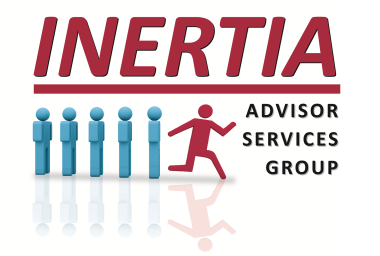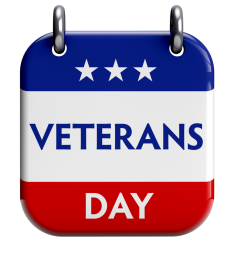Our Heros Need Planning Too!
When we celebrate Veteran's Day, it is our duty to think about and thank all of those who have served our country – A group of heroic individuals now numbering nearly 22 million. Today, there are more than 9 million Veterans over age 65, so it’s important they understand the benefits they’re entitled to through the Veteran’s Administration (VA) to address Long Term Care.
Unfortunately, as is the case with even basic health insurance or Medicare, Veterans face the challenge of determining what is and isn’t covered regarding their benefits when Long-Term Care is needed. Additionally, it's important to recognize that budgetary constraints and ongoing changes to our healthcare system will likely impact Veterans' benefits.
To begin the process, we encourage all Veterans to click on this hyperlink and download the “Federal Benefits of Veterans” guidebook. Whether you’re a Veteran, a relative of a Veteran, or a financial advisor with clients who have served, below you will find some additional information to ensure Long-Term Care planning needs are appropriately addressed.
Eligibility For Benefits
According to the VA, “eligibility requirements vary by type of service or care setting and whether that service is provided or paid for by VA. Home and Community-Based Services are part of the VHA Medical Benefits Package. All enrolled Veterans are eligible if they have a clinical need for the service and it is available”.
- Home & Community-Based Services may be used in combination with each other.
- A VA physician must order care.
- Veterans may be charged a co-payment for some Home and Community-Based Services.
Nursing Home and Other Residential Care options have different eligibility requirements for each setting. Some of these settings are provided or paid for by VA and some are not. Veterans may be eligible to receive Home and Community-Based Services while living in a residential care setting.
There are really two considerations for Veterans' eligibility: service-connected conditions and Non-Service-Connected conditions. At some point, all Veterans and their dependents should apply for their benefits package to determine eligibility. Once their eligibility is determined, there are different qualifications for different levels of care.
In addition to the VA benefits for healthcare, there are also benefits under the Aid & Attendance program through the VA pension program. These benefits are means-tested, so qualification for these benefits will be determined by assets and income, rather than just service time or condition.
Types of Benefits
Understanding how and where care may be provided is extremely important in the case of Veterans. If benefits are not coordinated through the VA, or providers and/or facilities are not contracted with the VA, the benefits for these services will likely be denied. There is a helpful worksheet, available HERE, which can be utilized to better plan for eventual Long-Term Care needs.
For Veterans who want greater choice regarding how and where their care is provided, planning alternatives to VA benefits should be a serious consideration. Additionally, as the number of Veterans over age 65 continues to grow, Veterans should recognize that VA resources may be strained to meet their needs in light of budgetary constraints of the federal government and the military.
Proper planning and understanding of benefits are important for those who served our nation, as Veterans deserve recognition for their service, especially as they age and require extra care.

